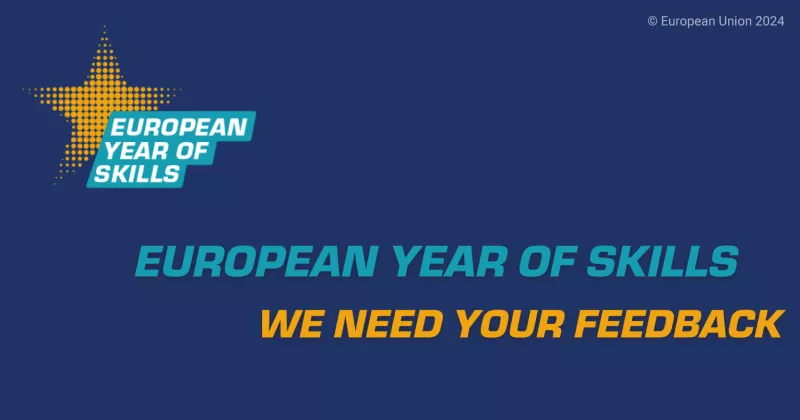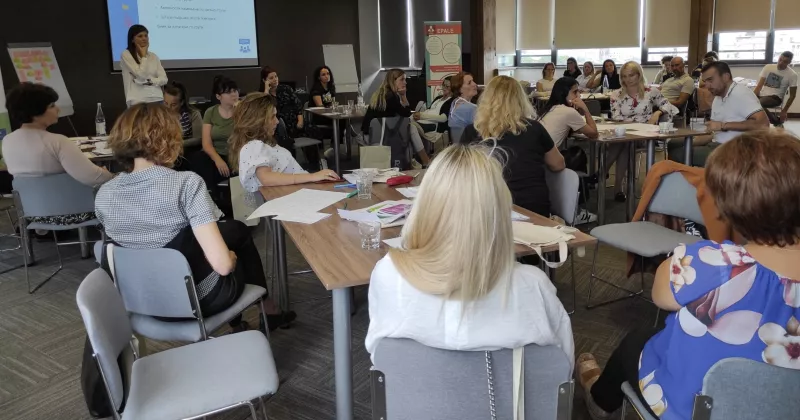EMC launches Common Microcredential Framework

At the EADTU-EU Summit 2019, Brussels, the EMC launched a Common Microcredential Framework (CMF) with its founding platform partners including FutureLearn, France Université Numérique (FUN), OpenupEd, Miríadax, and EduOpen.
The move comes in response to demand from learners to develop new knowledge, skills and competencies from shorter, recognised and quality-assured courses, which can also be used to earn traditional university qualifications. The CMF establishes a framework for these goals to be achieved across Europe’s leading MOOC platforms and the universities within their networks. The ambition is to lay the foundations for a new international credential for universities to meet the needs of lifelong learners, globally.
Speaking on behalf of the EMC, Mark Lester, Managing Director for Educational Partnerships at FutureLearn explains, “The world of work is changing fast and the world of learning is changing with it. As the forces of technological innovation drive change at an unprecedented rate, people will need to upskill and re-skill throughout their lives and develop higher order competencies that will underpin a successful career. Leaving work for long periods of time to earn a traditional qualification will be less applicable in this new world and a new solution is needed from the education sector to meet this growing need.
Lester continued, “The current crop of microcredentials have so far popularised short forms of online learning among universities, but the proliferation of different types of microcredentials is becoming confusing to learners and employers. The EMC partners are proud to be collaborating, along with our respective university partners, to try to ensure there is greater consistency, quality and portability built into the microcredentials that we develop.”
Commenting for EADTU, CEO George Ubachs said, “Our member universities steadfastly believe in the importance of flexible modes of learning and we see this initiative as a crucial step in our goal to foster in Europe a more modern, open and flexible higher education system that transcends national boundaries.”
To ensure microcredential courses are built to high quality standards, the CMF requires that microcredential courses are capable of earning academic credit. This requirement ensures courses must be developed within the university's national qualification framework and, in Europe, in line with the European Qualification Framework (EQF), a common European reference framework whose purpose is to make qualifications more readable and understandable across different countries and systems.
These microcredential courses will aim to be recognisable between different higher education institutions and thereby create an ecosystem where learners can one day take microcredentials from within a network of universities that can be used towards a larger qualification, such as a postgraduate certificate or Masters degree.




